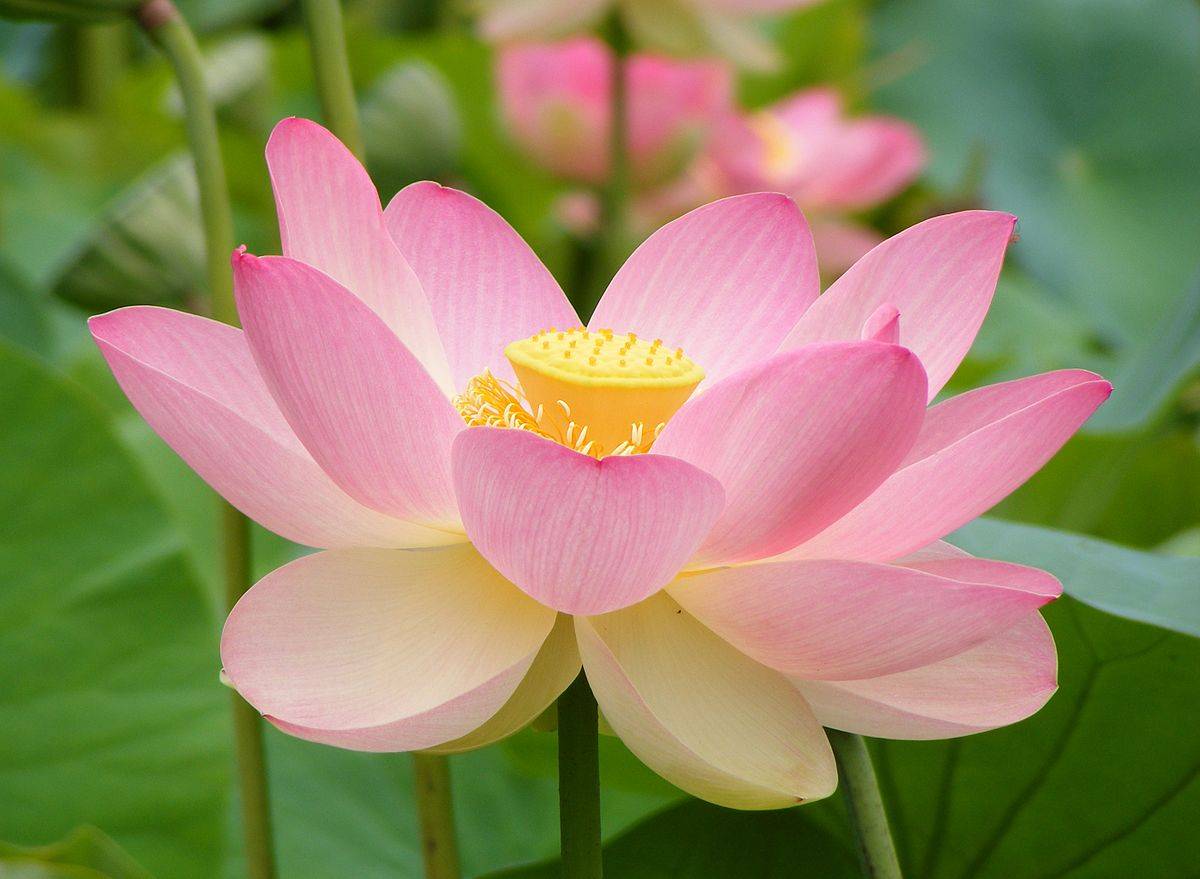
Diwali, the festival of lights, is about to arrive, and like any other occasion or festival, it is incomplete without flowers. Flowers have a major significance in our lives. A beautiful piece of nature that goes with everything. Various Indian gods are worshipped with different flowers in religious rituals.
Flowers used in Diwali & Other Festivals
Marigold: People decorate their houses with marigold flowers and mango leaves, and it’s not just for decorative purposes, but there is some significance behind it. Marigold flowers are called ‘Herb of the Sun’, and symbolize passion and creativity. Its garland and petals are offered to deities like Vishnu, Ganesh during worshipping. Its fragrance helps in lifting up the mood as it wards off stress, keeps mosquitoes, insects and bugs away. The yellow and orange colors of this flower are considered auspicious for new beginnings and important events in life. Apart from traditional significance, it has some scientific aspects too – it is rich in anti-oxidants, antibiotics, and vitamin-C.
Mango Leaves: Similarly, mango leaves hold the same importance for Diwali. Torans for main doors, temples and offices are made out of mango leaves. They are used to complete a ‘Purnakumbha’ – before any pooja, an earthen pot is filled with water and decorated with fresh mango leaves with a coconut placed on top and is kept for pooja sthapna (foundation). Here, the pot represents Mother Earth, water as life giver; coconut represents the divine conscious and the mango leaves symbolize life. As a whole, ‘Purnakumbha’ symbolizes Goddess Lakshmi and good fortune. Mango leaves contain antibacterial and antiseptic properties that helps fighting various illness.
Other flowers Used in Diwali
Rose: Rose flower is traditionally offered to Lord Ganesh and Goddess Lakshmi while Lakshmi pooja on Diwali.
Palash: It is offered to Goddess Saraswati. It is believed the Goddess is fond of white flowers, however, worship without these flowers is considered incomplete.
Jasmine: This flower, along with vermilion, is offered to Lord Hanuman, if you wish to please the god.
Lotus: Being the symbol of wealth and prosperity, Goddess Lakshmi is fond of the Lotus flower, that’s why the flower is used to worship during Lakshmi puja on Diwali.
Parijata/Indian Magnolia: The flower is believed to emerge during the ocean churning (samudra manthan). This night-flowering coral jasmine is considered divine and is believed to please Lord Vishnu.
Red Hibiscus: Goddess Kali is the epitome of fierceness in the Hindu religion and the flower depicts this expression perfectly. The vibrant red color depicts the fierce kali Maa and the shape of the flower symbolizes her tongue.
Nerium Oleander: This flower is offered to Goddess Durga.
With all the flowers in your basket, you can make this Diwali a floral one.

















